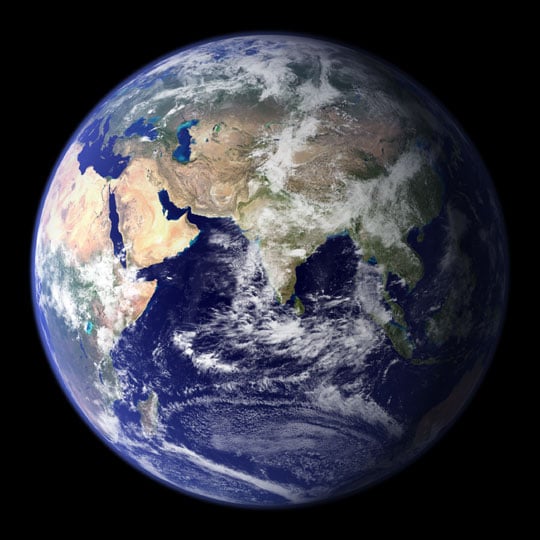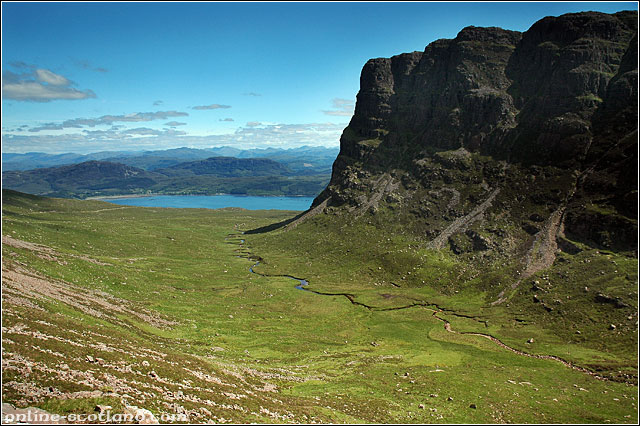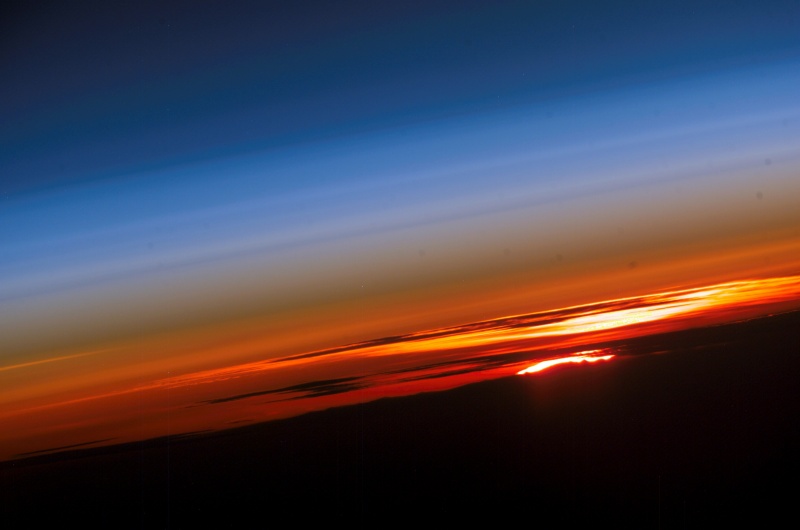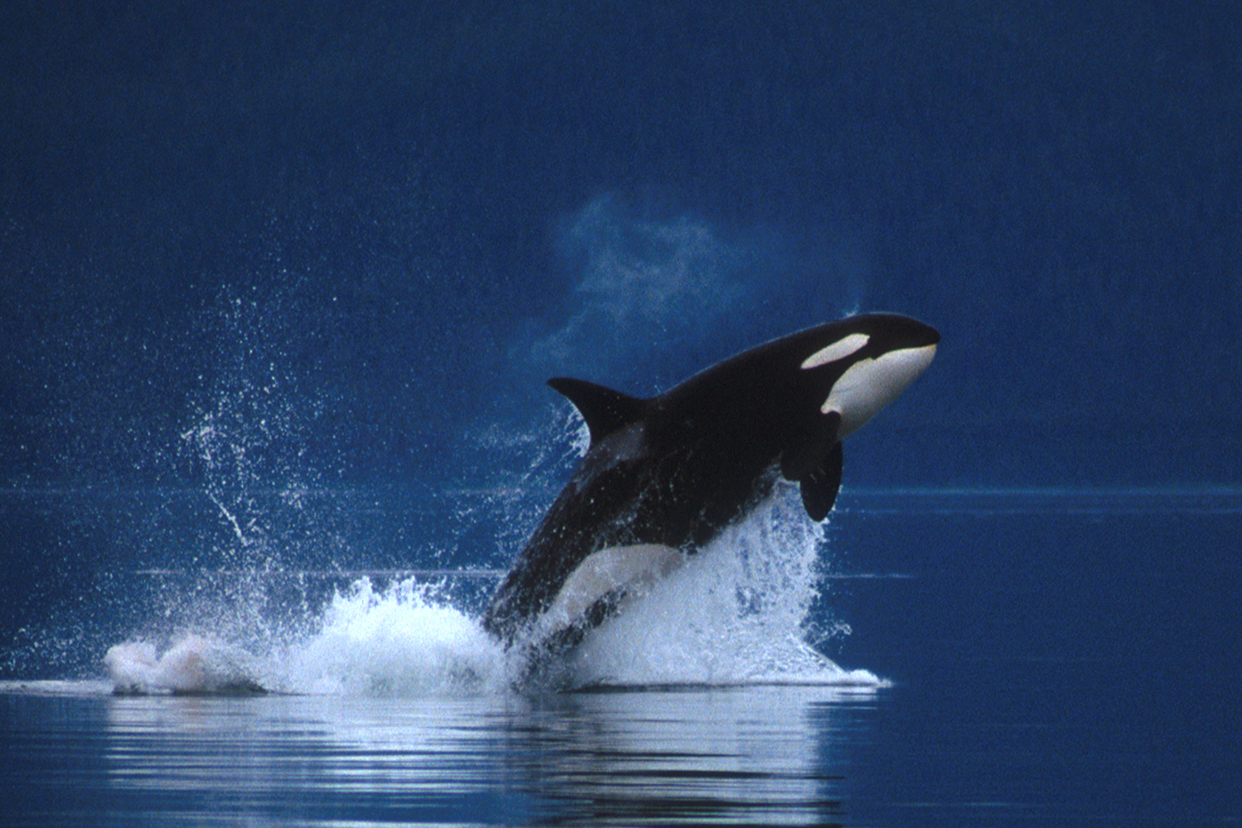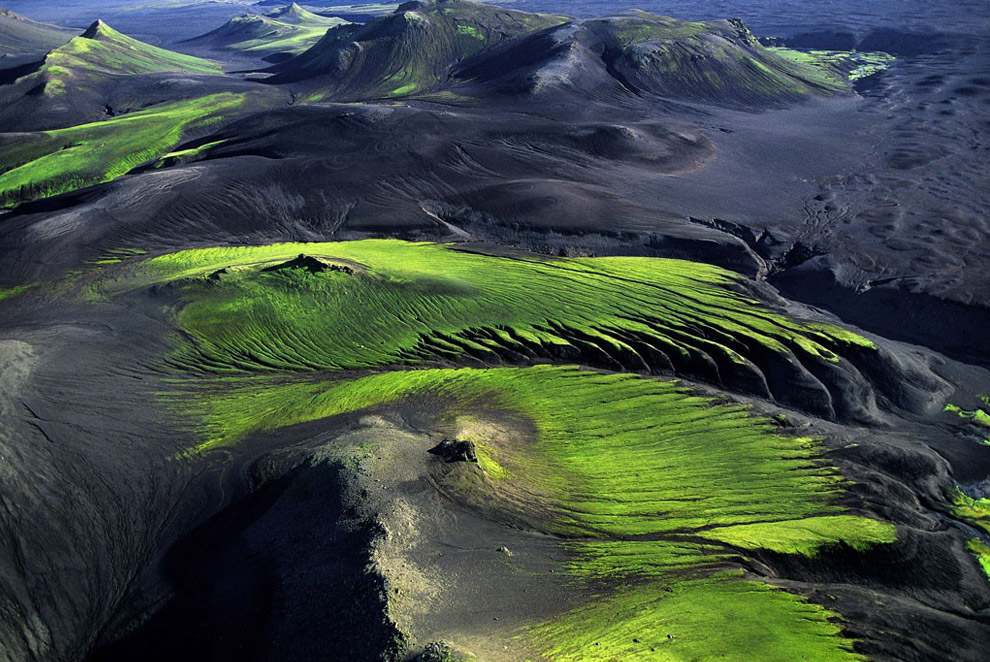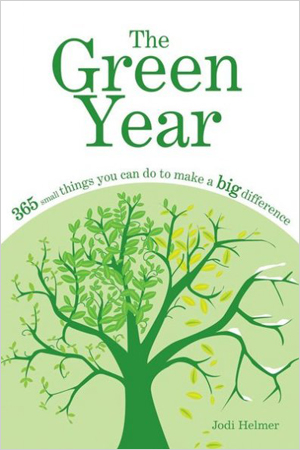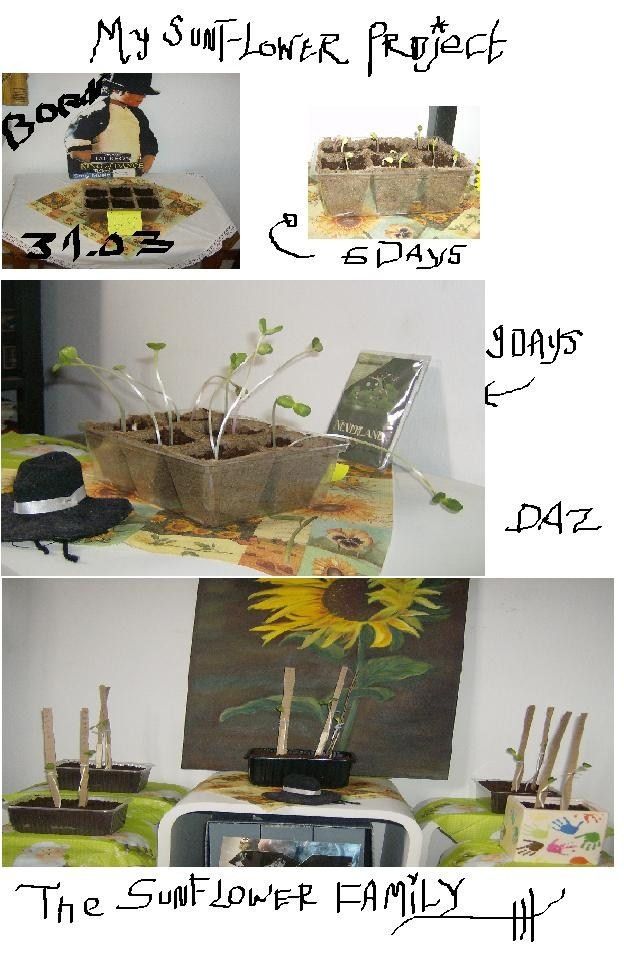Yes, It’s Cold, and Yes, the Climate Is Still Changing
by s.e. smith
March 22, 2014
11:30 am
179 get causes updates Tell me if you’re tired of hearing this line: “Hey, smartypants, if the planet is heating up, how come this winter has been so cold?!” In the wake of the polar vortex, torrential rain and flooding in areas as far-flung as England and New Zealand, and a grinding winter that’s leading people to make jokes about the White Witch, people who aren’t familiar with the science behind climate change are claiming that recent weather conditions disprove the very well-supported theory of global climate trends. If you’re grinding your teeth every time you hear them, we’ve got some arguments to help you out.
1. Climate is not weather
Climate is about complex overall trends and average patterns. A rainy Wednesday isn’t “climate,” it’s just weather. Climate scientists look at precipitation, temperatures, humidity, wind patterns, atmospheric pressure, airborne particulates, and a variety of other factors to measure large, systemic trends. They also look not just regionally, but globally. Their work includes monitoring ongoing weather conditions but they also look back over historic records, and they use cool tools like analyzing tree rings for insight into historic climate conditions as well as taking a close look at paintings for information about how the weather looked hundreds of years ago.
2. The Earth just experienced its fourth warmest January on record
While Northern Hemispherans might have been freezing, in Australia, people were suffering with record temperatures in excess of 120 degrees Fahrenheit, and even in California, things were pretty toasty: the state had the warmest winter ever recorded. (California also notably experienced extreme drought conditions in January, a far cry from the usual endless rain the northern part of the state experiences during the month.) Remember that climate change is about averages, not single data points, so the fact that it was unusually cold (or hot) in one specific place isn’t as important as overall trends.
3. Sounds weird, but more snow = warmer climate
Say what? Yes, really. Here’s how it works: because heat can’t make its way out to space as a result of gases in the atmosphere, the Earth is getting warmer (“global warming,” one aspect of climate change). Heat increases humidity as water evaporates from warming oceans, and all that trapped moisture in the air has to precipitate out. If you were in England this year, you saw it in the form of rain. If you were in an area where temperatures dropped extremely low, like the Eastern Seaboard, you witnessed endless snow. Even though you might have been cold, the planet wasn’t.
4. Guess what: This winter wasn’t actually that cold
Residents of the East Coast might cry foul here, but it’s true. These brutal winters are actually among average values historically — they just feel colder because in recent years, winters have been abnormally warm. Think about it this way: lukewarm water feels cold if you’ve just been dipping your fingers in hot water.
Remember that climate change is about shifts in climate patterns. While people may argue about the cause, there’s ample evidence to show that the planet’s climate is changing, and that this change is historic in terms of its unprecedented speed, and potentially devastating. We rely on a very narrow range of average
temperatures to live in comfort. A few degrees can make a difference between a catastrophically high elevation in sea levels, crop failures and other pressures that will make life on Earth very uncomfortable for all of us.
The situation has become so dire that NASA, a normally pretty staid government agency, has warned of “irreversible collapse” across industrial civilizations on Earth unless we act fast to correct climate change and a host of chained issues, including water availability and pressure on agriculture, among others.
Read more:
http://www.care2.com/causes/yes-its-cold-and-yes-the-climate-is-still-changing.html#ixzz2xtbiB6SA




